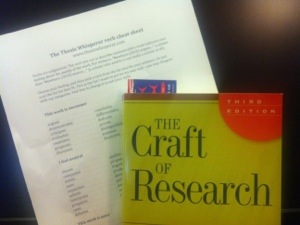This article, published in the journal Rural Society in a special edition on Sex, Sexuality and Place focuses on the rural aspects of my research. I focus on just four cases which highlight the diversity of behaviours, relationships and attitudes of the individuals, and their cultural environment.
Midlife relationship diversity, sexual fluidity, wellbeing and sexual health from a rural perspective.
Abstract: People in midlife are having sexual relationships outside hetero-monogamy and marriage. These relationships contribute positively to their wellbeing; however there is no policy that supports sexual health promotion or encourages sexually transmissible infection testing for people older than 29 years. For rural people who are in a non-traditional relationship, confidentiality, access to sexual health services, and stigma are concerns. In this qualitative research project we investigate the experience and wellbeing of rural baby boomers who have had a friends-with-benefits relationship within the previous five years. Participant recruitment criteria are to have been born between 1946 and 1965, and to live outside a capital city. The 22 participants are 15 women and 7 men who represent diverse sexual orientations including heterosexual, gay and lesbian, with most identifying as heterosexual and bi-curious. The duration of their relationships ranged from 6 months to 15 years. Some were monogamous and some had multiple partners. A fear of judgement about their sex lives for some led to a need for secrecy and concern about being seen with partners. Use of health services for sexual health was mixed: many would not ask for testing and some who did were challenged or refused. Four participants’ experiences when having an unconventional relationship in a rural area in relation to social wellbeing and sexual health are the focus of this article. Recommendations are made for policy, health practitioner education, clinical guidelines, sexual health promotion, and informal community activities to promote good sexual health and relationship wellbeing for people in midlife.
APA 6 citation:
Kirkman, L., Fox, C., & Dickson-Swift, V. (2015). Midlife relationship diversity, sexual fluidity, wellbeing and sexual health from a rural perspective. Rural Society Special Edition on Sex, Sexuality and Place, 24(3). doi:10.1080/10371656.2015.1099272



